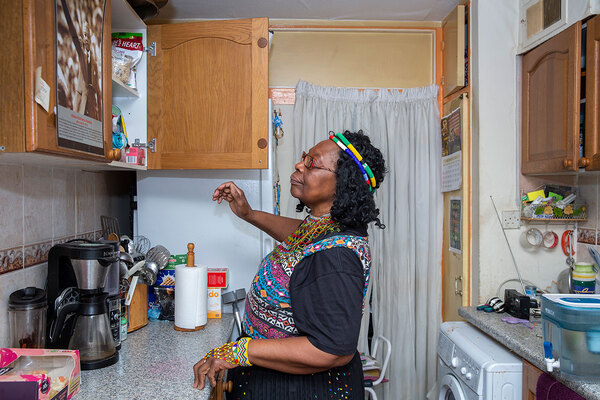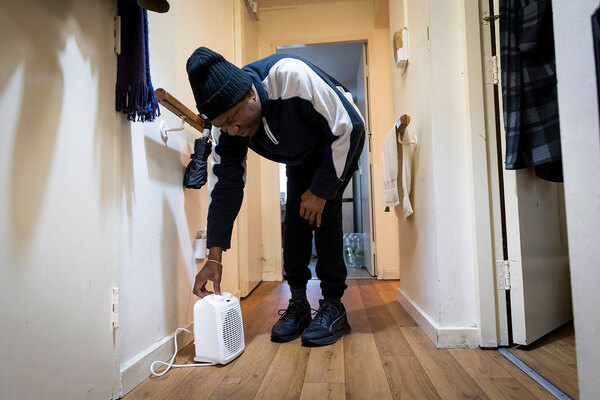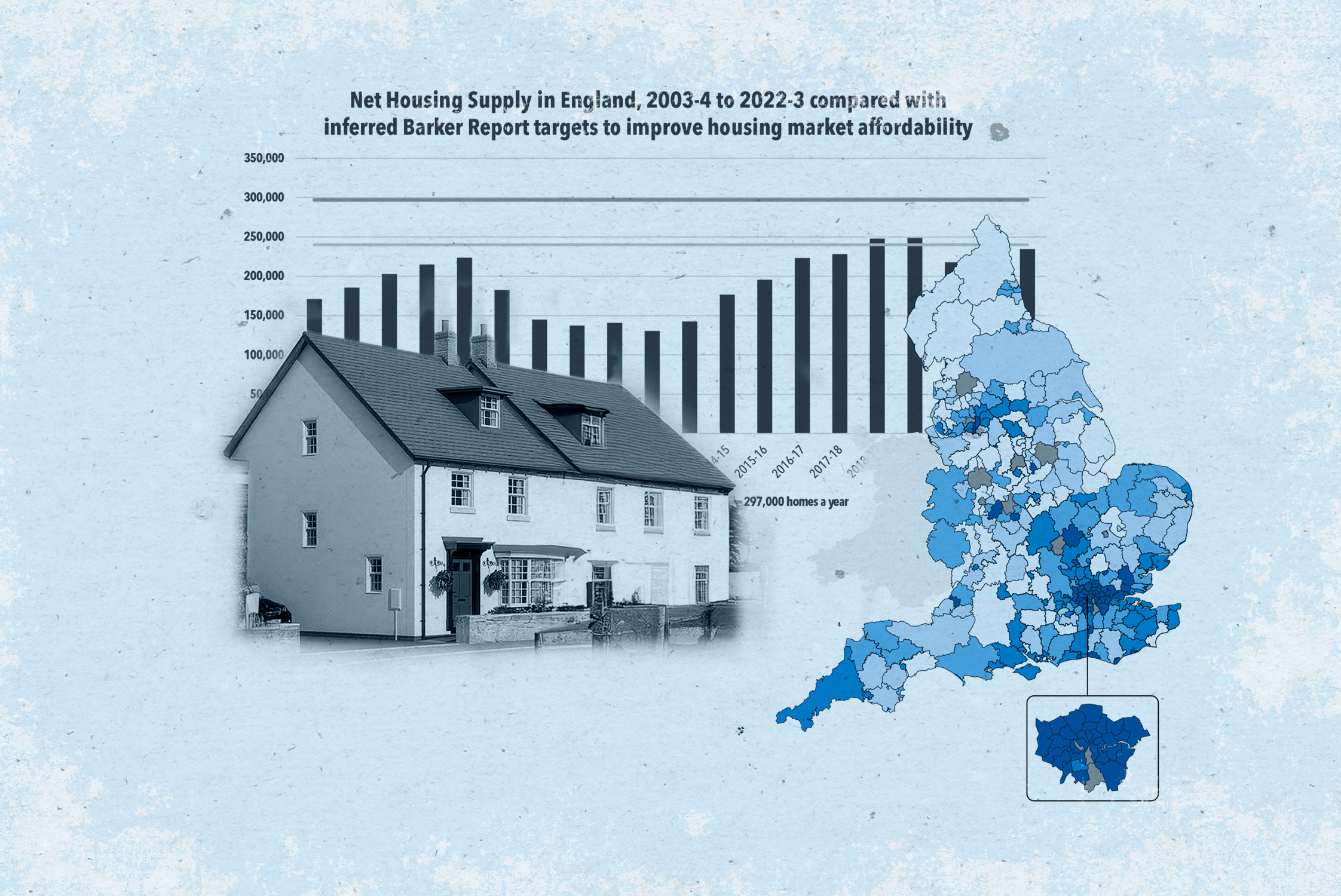You are viewing 1 of your 1 free articles
Anchor chief targets 45% social rent on new builds
Anchor has “reshaped” its development strategy with a target of 45% social rent on new builds, its chief executive has told Inside Housing.
Sarah Jones, who has led the specialist provider since 2022, said Anchor’s housebuilding programme was “modest” for an organisation of its size, but as a result it has not had to scale back its ambitions in the wake of recent economic pressures.
In an exclusive interview, Ms Jones said: “Since I took up the post, we’ve shifted much more in a social and affordable direction… re-evaluating our role as a housing association, what we’re for, what our purpose is, what need we are trying to meet.
She continued: “We’ve reshaped the development strategy. In numbers overall, it’s the same.
“We’re trying to get to a rolling programme of 500 units a year, which sounds quite modest, but critically, 90% of that will either be social rent or affordable rent, and about 45% we’re striking for social [rent].
“I don’t know many other people who are doing that,” she added.
Anchor is England’s largest provider of specialist housing for older people, with 55,000 homes, including 125 dedicated care homes.
“For the size organisation that we are and the size of the balance sheet we have, we’ve always had a very modest programme anyway,” Ms Jones told Inside Housing.
“That’s always created a natural headroom for the number of services we can absorb into an operation every year.” Because of this, “we haven’t had to row back” on development, she added.
Anchor has a partnership with Hackney Council, in which the association is involved in several regeneration schemes. For example, at Newnton Close, “we’re providing additional social units… We’re effectively reinvesting what we would have spent on land into being able to provide a social tenure”, Ms Jones said.
She said that Anchor’s focus on large communal space in new developments made its grant asks from the government look higher than other housing associations’ requests.
“We’d always say it would be nice to have more grant,” she said, adding that underlying planning reform could also help to lower land values and make development more viable.
“We’re not just asking for a hand-out,” Ms Jones said. “For every pound of grant, we can leverage six pounds of private investment… If [parliamentarians] just unlock a few policy decisions and give us a little bit of certainty, so much capacity is waiting.”
Anchor reported a post-tax surplus of £12.2m in 2022-23, down from £24.4m the previous year, due to higher operating costs and labour shortages in the care sector.
Ms Jones said that as a care and support provider, the organisation was exposed to risks not faced by other housing associations, such as food prices. “We know that there’s a there’s a national shortage of potatoes coming up. Last summer, it was tomatoes. These things are incredibly dynamic in a way that they weren’t before,” she explained.
Workforce challenges are also an issue, she said, both on the residential care side as well as with contractors and developers. “A lot of that is going to require some political will to to address,” she added.
Ms Jones also spoke about her previous career in the retail industry before she joined Anchor as finance director in 2014. She remembered being at a retail conference in 2008, “where the morning was spent saying, ‘We’ve got people into a terrible state because we’ve sold them things for money they don’t have’.
“We went off to lunch and came back in the afternoon. It was, ‘Right, so how do we sell people more stuff they don’t need for money they don’t have?’ And you think, ‘OK, I might be out now.’”
“My dad grew up in social housing in a Peabody flat, so it’s always been something I’ve had an affinity to.
“But I realised that I didn’t really understand what social housing was, even though I had that connection to it. When I looked into it, I found that this was something where I had skills that I thought were transferable and would be beneficial.”
Anchor secured £150m through private placements with two investors to help it build more homes in February.
Sign up for our development and finance newsletter
Already have an account? Click here to manage your newsletters












